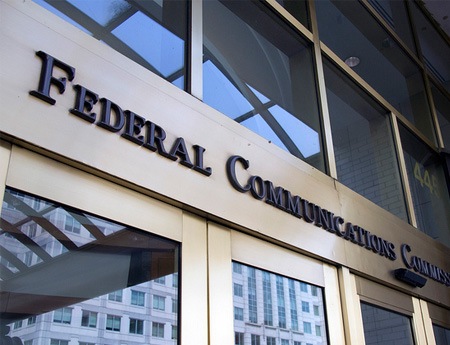FCC's Sohn: Lifeline Revamp Has Safety Valve

The smarter way to stay on top of broadcasting and cable industry. Sign up below
You are now subscribed
Your newsletter sign-up was successful
Gigi Sohn, counselor to FCC chairman Tom Wheeler, says that before the FCC phases out support for voice-only Lifeline subsidies—in favor of stand-alone broadband or bundled broadband and voice—it will check the market and extend those subsidies if necessary.
Speaking at lifeline event Wednesday (March 23), co-sponsored by the Open Technology Institute, Georgetown Law's Institute for Public Representation and The Benton Foundation, she addressed some concerns with the program.
The FCC is scheduled to vote March 31 on reform of the Universal Service Fund Lifeline subsidy, which supports advanced communications service to low-income residents. The FCC is migrating the program to broadband or bundled broadband/voice services and plans to phase out voice-only subsidies.
The Lifeline reform would for the first time allow the Lifeline's $9.25 per month subsidy to be applied to stand-alone broadband. It would also set speed and data minimums, streamline the process to try and attract new providers, and boost the subsidy by $750 million to $2.25 billion.
But there is concern, including expressed by Democrats on Capitol Hill, that voice service remains a lifeline and the FCC should not cut it.
Sohn called Lifeline part of a broader agenda to promote "fast, fair and open" broadband networks, citing net neutrality, raising broadband speed benchmarks, freeing up more spectrum for broadband, and new broadband CPNI rules.
She said part of that fast, fair and open net agenda was making sure people had access and could be moved from the wrong side of the digital divide. She argued that the prime obstacle to adoption was cost, saying nonadopters consistently identify cost of service as the principle reason.
The smarter way to stay on top of broadcasting and cable industry. Sign up below
Sohn acknowledged that while Lifeline reform has diverse bipartisan support, there are also some concerns about the proposal circulated by Wheeler March 8.
Sohn said that, as with any proceeding, there are concerns.
The FCC plans to phase out mobile voice-only support, ending it in December 2019, after which it would have to be bundled with broadband.
Sohn said the FCC continues to believe voice is an important part of lifeline. But clearly broadband is now crucial. "We believe that Americans must have access to broadband as well if they are to participate fully in today's society."
But she also said the FCC will look at the market in mid-2019. She said the FCC is confident by that time there will be affordable bundled mobile voice and data that meet or exceed the minimum service standards (speeds and data) and the phase-out can be completed.
But, she said, if that is not the case, the FCC can "preserve a subsidy for mobile voice if it is deemed necessary."
She also defended those minimum service standards as necessary to insure that Lifeline is not a second-class service—though some have argued that defining the minimum as 10 Mbps when the FCC's benchmark for high speed is 25 Mbps is hard to square.
But Sohn pointed out that another goal of Lifeline is to insure it is still affordable.
Contributing editor John Eggerton has been an editor and/or writer on media regulation, legislation and policy for over four decades, including covering the FCC, FTC, Congress, the major media trade associations, and the federal courts. In addition to Multichannel News and Broadcasting + Cable, his work has appeared in Radio World, TV Technology, TV Fax, This Week in Consumer Electronics, Variety and the Encyclopedia Britannica.

